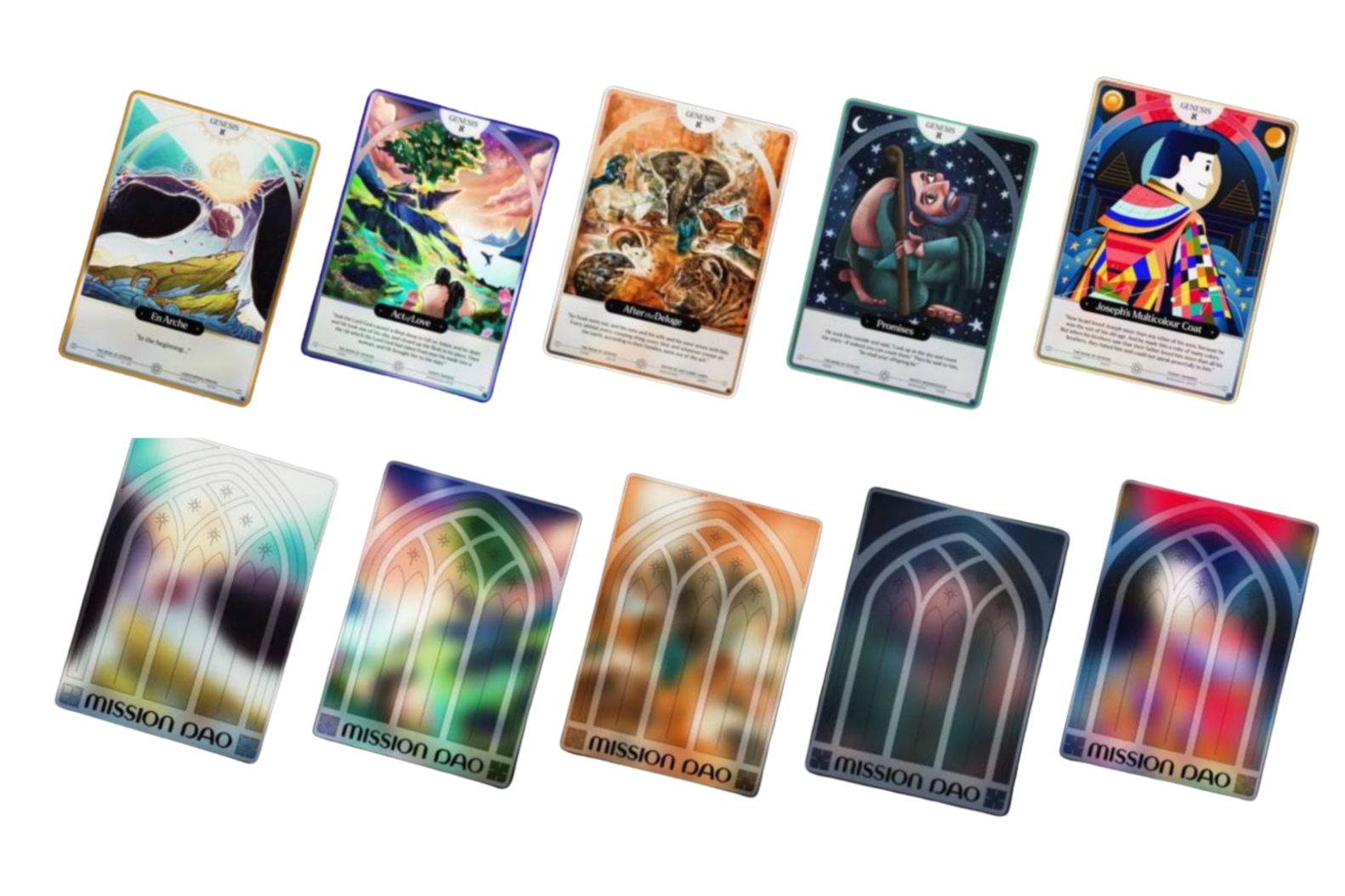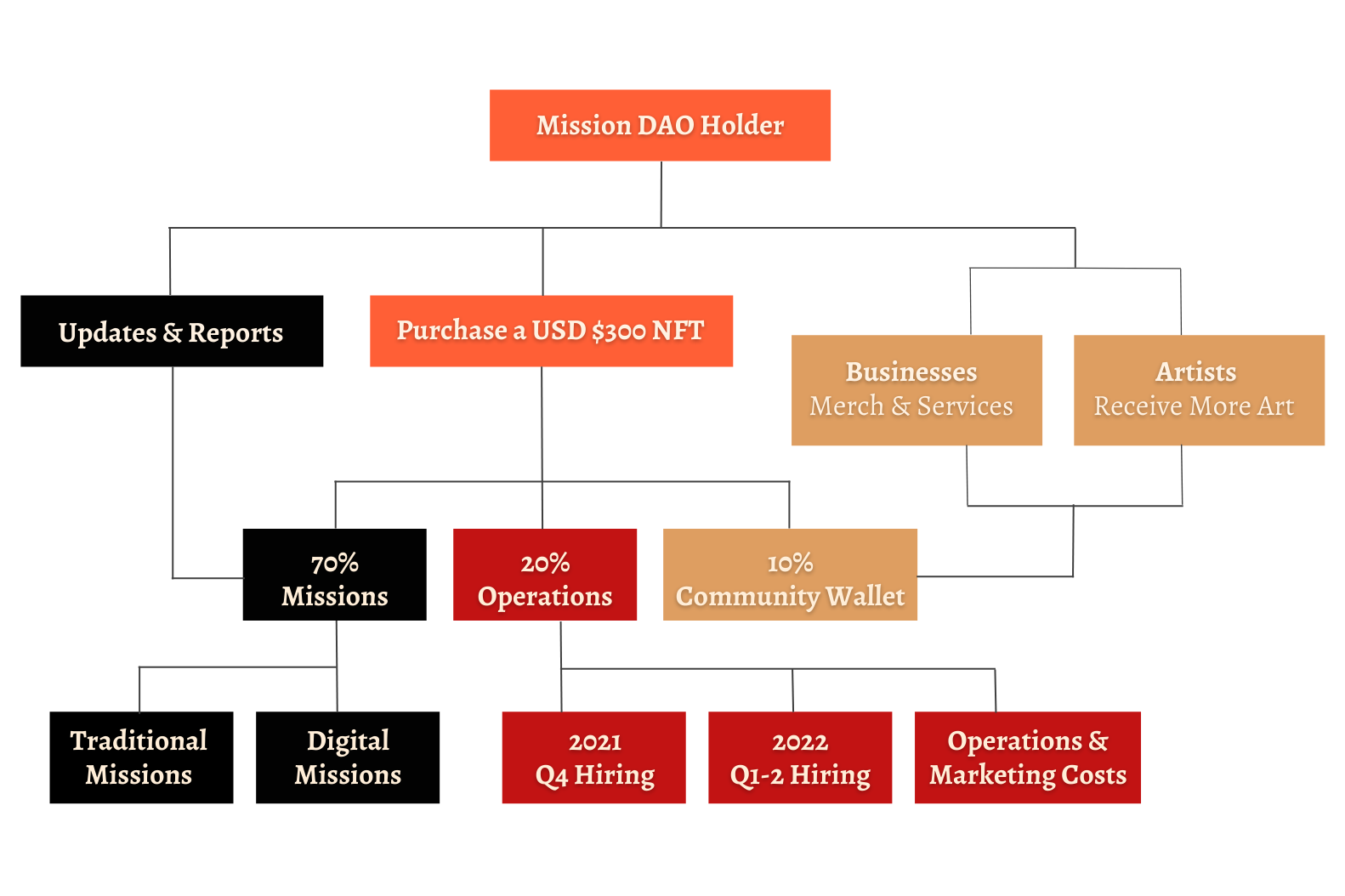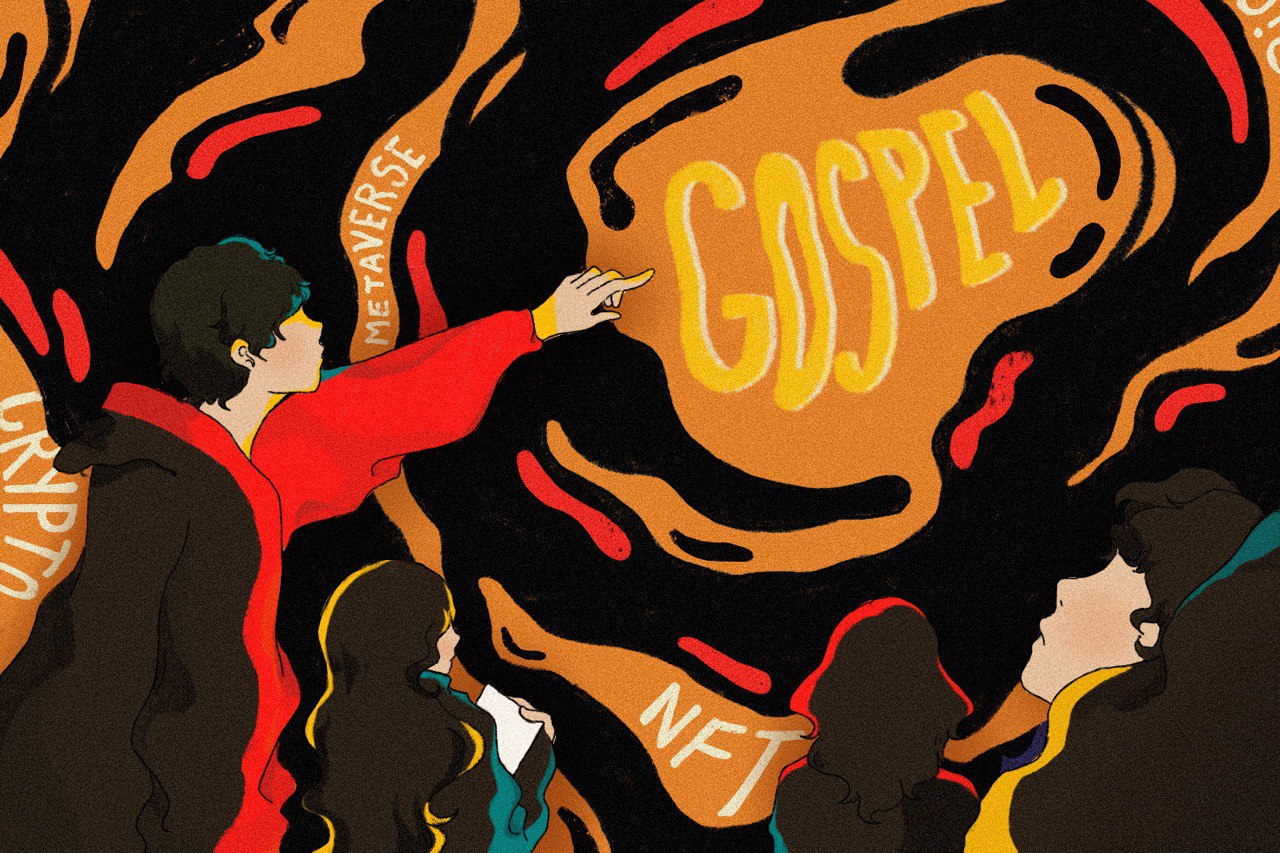Imagine a world where digital missions could possibly look like video games, where people can preach the gospel on the streets of the metaverse through their avatars.
Or what about fully immersive virtual reality (VR) films that can bring Bible stories alive?
Recently, I had the opportunity to hear Broderick Sim, founder of MissionDAO, share his insights on how Christians can leverage such emerging technology.
Speaking at a webinar organised by FaithX, I was surprised that the 29-year-old described the NFT space as one of the “darkest places” he has ever known and been to.
(Psst! If you need more background on concepts like non-fungible tokens (NFT) and the metaverse before diving in, check out our explainer below first.)
It was only some five years ago when Broderick started trading in cryptocurrency for leisure. At that time, blockchain was just taking off and he was working full-time in church ministry.
Nonetheless, his desire to use such digital technology to advance the gospel kept growing.
Fast forward to 2022, and this missionary to the metaverse has just launched what he calls “the world’s first transparent and decentralised missions-giving ecosystem” on March 11.
Reflecting on his journey, the NFT fund manager and Web3 consultant shared that when he first ventured into this industry, the lure of money was incredibly strong.
Not mincing his words, Broderick said: “It’s filled with greed, pride, anger, fear and even lust… all these sins are very prevalent in this space.”
“The first demon that I had to struggle with was greed,” he confessed, referring to his desire to make a tidy profit on NFTs he bought.
“It all became an obsession; I became greedy,” shared Broderick.

He went on to reveal that greed wasn’t the only sin he had to wrestle with.
“I look at my friend and he’s making more money than me, and now I’m confronted with envy,” said Broderick.
And when money started rolling in, pride became another snare, he added.
Recalling an encounter when he was on the phone with someone who wanted to collaborate on a project he had been extremely successful in, Broderick admitted to speaking in a way that belittled the other party.
Afterwards, he apologised to the person and spent time in self-reflection. Repenting of how worldly he had become, Broderick prayed and asked God to help replace his greed with generosity, and pride with humility.
“It’s so easy to be conformed to the world, but God called us to be transformed into the image of Christ. By beholding Him, we become like Him.
“This place is dark, and it pulls out the deepest darkness in my soul,” Broderick observed. “But it’s not a bad thing. Because now that it has surfaced, I can bring it to the Lord.”
Where darkness is, light must prevail
Despite the darkness of the metaverse, Broderick believes it is precisely here where God’s light is most needed.
“This place is very dark… but it’s the perfect place for us to bring the light of the Lord in,” he pointed out.
Using his expertise in blockchain to start a decentralised autonomous organisation (DAO) for missions giving, MissionDAO is described as “an anti-thesis of the NFT market”.
Unlike other DAOs, it clarifies that there should be no expectation of any capital appreciation on its DAO token — MissionDAO is primarily a giving fund to support mission work.
MissionDAO uses the money from NFT art sales to support digital and traditional missions. The funds raised are then split among missions, operations and a community wallet.

“We want to try a new way of giving and organising missions,” explained Broderick. “I want to do it the way the early church made decisions.”
Referring to how 120 disciples gathered to discuss who was going replace Judas Iscariot, he noted: “They made the decision together as multiple hundreds of people.”
Similarly, in a DAO, the authority is distributed between the members. There is no hierarchical structure, and every stakeholder is involved in decision-making.
A member of a DAO will hold a token that enables them to vote on all decisions that the DAO makes.
Furthermore, all their transactions are recorded on the blockchain. This results in greater transparency and accountability in how the mission funds are used.

For MissionDAO, this means DAO token holders can vote on mission spending and research focus.
“MissionDAO has a centralised vision to advance the kingdom of God on earth and in the metaverse,” elaborated Broderick.
In short, this means that it funds activities that would bring the gospel to physical and digital communities.
For instance, the money raised has been used for building homes and community facilities in developing countries as well as feeding programmes. But it will also go to research on, say, the use of VR in the metaverse.
How can missions look like in the metaverse?
Explaining that much of the activity now happens on Discord (originally built for gamers, Discord is a free, voice and text group chat platform where communities can talk or hang out online), Broderick points out that there are many opportunities to reach out.
Broderick suggested two ways of bringing the gospel into the NFT space: either through one-on-one chats or organising talks that bring value to these communities.
Some topics that are beneficial include those on leadership and mental health, where the gospel can be weaved in, he suggested.
“If you have a digital missions department, perhaps it could look like training people to go into these spaces to have conversations with them.”

Sharing how he often joins Discord chats to have conversations with people who are struggling, Broderick would offer to pray for them if they share with him about their issues. He might also recommend relevant resources, such as podcasts by Christian speakers.
“Let’s go in and make friends and preach the gospel one at a time, build relationships one at a time, so we can disciple, pastor and love these people,” he concluded.
“I think the focus of missions hasn’t changed. Basically, there are hurting people, and then we go in and love them.
“We find different ways to love them. The Lord will give us ideas and creative means to enter into this space and love them.”
Personally, I was inspired after listening to Broderick. And this effort to evangelise doesn’t have to be limited to Discord servers or the metaverse.
Whatever field you’re in, why not make your sphere of influence count and lead others to Christ?
- What are some of the ways you’ve seen the “ugly” side of you emerge when it comes to living, working or playing in the digital space?
- Are there untapped opportunities that you see in this realm? How can you leverage innovation to reach more people for Christ?
- How can you be a digital missionary, or bring God’s light into your spheres of influence?









